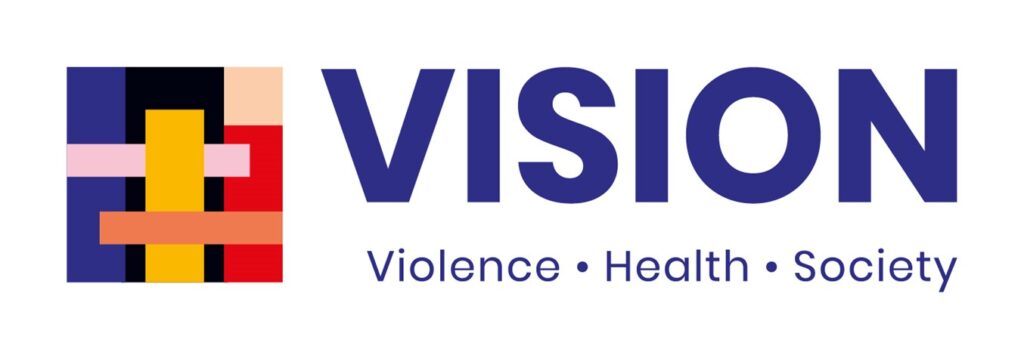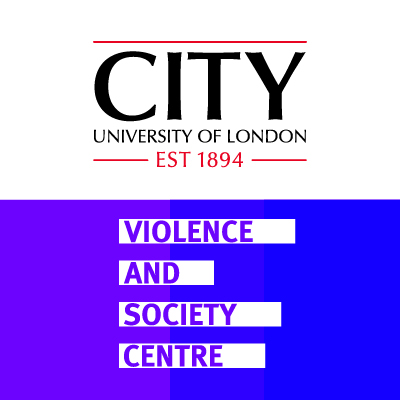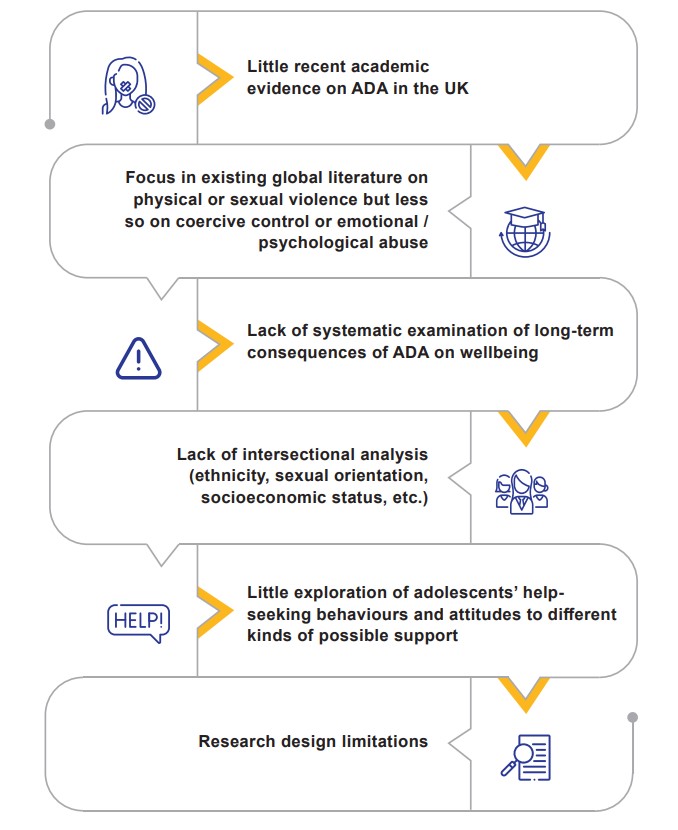VISION was pleased to support the Lambeth Peer Action Collective (LPAC) with funding and mentoring in their recent project, Built on Trust: The role of youth spaces and trusted adults in reducing young people’s exposure to violence. Working at the community level and with young adults was inspiring – and the impact was powerful particularly for Dr Elizabeth (Lizzie) Cook, Dr Estela Capelas Barbosa and Dr Alexandria (Andri) Innes, the mentors. Many congratulations to High Trees, LPAC and their partners for the hard work and brilliant report. Please read the blog below, written by the young adults who conducted the research and wrote and delivered their report which can also be found below. They are an amazing group!
“How are young people supposed to stay safe when we have nowhere safe to go?”
by Anisa Hassan on behalf of the Lambeth Peer Action Collective
The Lambeth Peer Action Collective (LPAC) recently published their newest research Built on Trust: The role of youth spaces and trusted adults in reducing young people’s exposure to violence. LPAC was launched by High Trees Community Development Trust in 2021. It’s made up of young people and six local youth organisations working together to create better futures for young people in Lambeth through youth-led research and social action.
What was the research about?
This round of research explored what can be done to reduce young people’s risk of experiencing violence. With the support of High Trees, VISION, Partisan and other LPAC partners, we worked on this project for nearly 18 months, conducting and analysing 46 peer interviews. We found that with access to trusted adults and trusted spaces young people were less likely to be exposed to different types of violence.
This produced four key findings:
- The violence affecting young people takes many forms and is often complex in nature.
- Youth organisations provide unique spaces where young people can feel safe and build belonging.
- When youth practitioners can build trust with young people, they are able to provide them with practical and emotional support to navigate violence.
- Youth organisations offer young people alternative pathways and visions for their future.
An afternoon of conversation and community
The launch event was a chance for the LPAC team to connect and show stakeholders and community members our research, get feedback and start to think about how we can work together to make change. Attendees described the event as “hopeful”, “inspiring”, and “empowering”, with many of them pledging support. The team left the event with hope for the next phase of the project – social action that builds long-lasting change for young people in our communities.

What’s next?
“No research without action”
Since the research launch in October, the LPAC team have been busy, taking action in response to our findings.
We were invited to the Lambeth Safeguarding Children Partnership’s Annual Conference to present our research findings to organisations at the forefront of protecting young people. This event gave us an opportunity to highlight key insights from our research and how they can shape safeguarding practices and policies.
We have also been designing our own trusted adult training workshop, which takes inspiration from interviews with young people focusing on characteristics and practical advice that youth practitioners can use to build and maintain trust. We are planning to trial the training with local youth workers early next year.
LPAC team members have also attended workshops hosted by the Met Police and the Mayor’s Office for Policing and Crime (MOPAC), where we had the opportunity to ask questions and make suggestions about their MPS Children’s Strategy based on young pe ople’s experiences that they told us about through our research.
LPAC at High Trees were thrilled to win the Power of Community award at the Locality Awards 2025 in Liverpool. The award celebrates community organisations working with local people to shape their own future and to build a fairer society where everyone in the community thrives.

We are also proud to announce that in the new year LPAC will be starting a new round of research, funded by the Youth Endowment Fund, focusing on mental health support for young people affected by violence, and we are excited to continue our collaboration with VISION on this project.
If you’re interested in finding out more about LPAC’s work visit www.lambethpac.com or get in touch with us on action@high-trees.org.
Photographs provided by LPAC.


